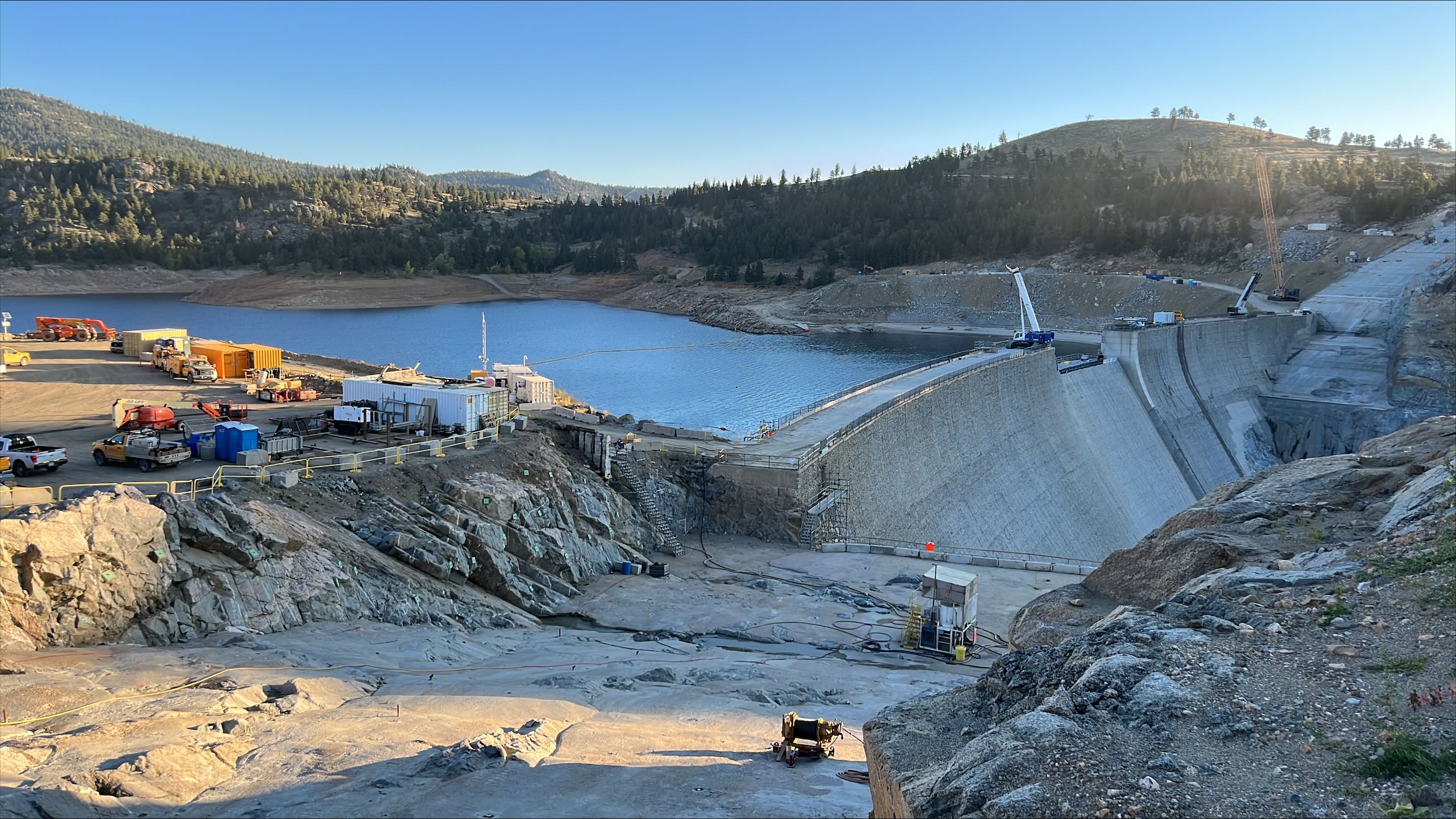

ISOLATION OF RADIOACTIVE WASTE IN THE WESTERN UNITED STATES
Alan K. Kuhn, PhD, PE, D.GE, F.ASCE, R.G. (Ret.)
Alan Kuhn Associates LLC
For many decades, radioactive elements have been mined in the western U.S. for nuclear weapons, electric power generation, and a wide range of industrial and medical applications. Those elements, primarily uranium, other radioisotopes, and their decay products pose both radioactive and chemical long-term hazards from the waste products, which must be permanently isolated from the accessible environment. The only feasible option is isolation in the geosphere.
Although physical releases via erosion or breach of containment are potential mechanisms for radioactive waste to enter the accessible environment, the most likely and problematic is the aqueous pathway. As a group, radionuclides are soluble and can travel away from the waste containment in both saturated and vadose media. Therefore, radioactive waste must be isolated within a repository that keeps the solid waste in place and protects against aqueous migration of contaminants.
Spent nuclear reactor fuel and transuranic waste are highly radioactive with long half-lives, requiring deep geologic isolation that provides dependable shielding from radiation and protection from migration of aqueous radionuclide solutions. The Waste Isolation Pilot Plant (WIPP) in New Mexico, active since 1998, encases transuranic waste in thick salt deposits. The Yucca Mountain Project in Nevada, canceled because of local opposition, would have isolated spent nuclear fuel in dry volcanic rocks. Other sites in the west, including WIPP, are being considered to replace Yucca Mountain.
Low-level radioactive wastes and uranium mill tailings have been successfully isolated in above-ground impoundments through the West. Typically these wastes have been placed dry or dewatered within earthen embankments, then covered with a monolithic soil cover or a composite evapotranspiration cover, some including a geomembrane.
This presentation describes the various types of geologic isolation of radioactive waste, the performance criteria unique to radioactive waste repositories, and some of the design features of each isolation system.